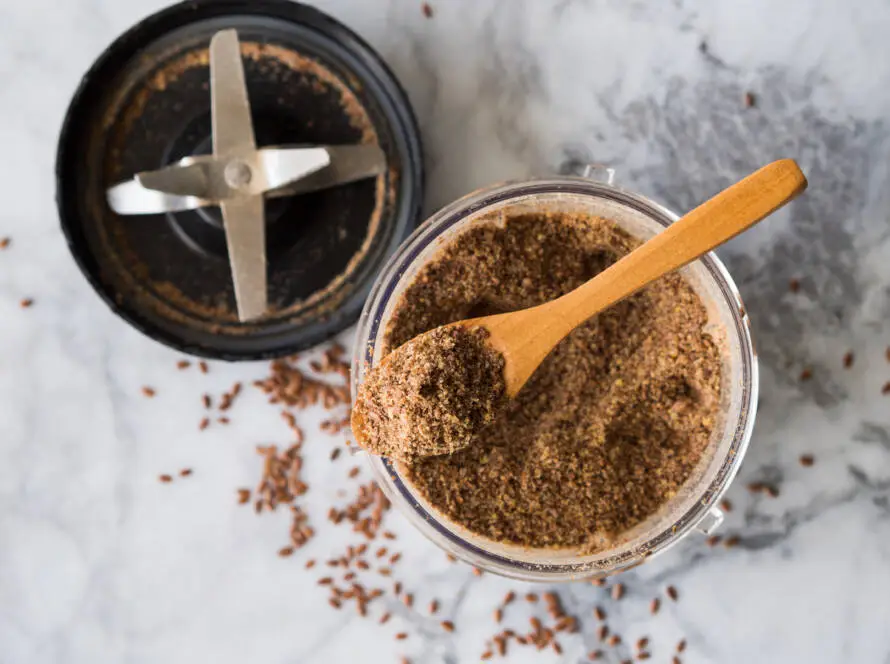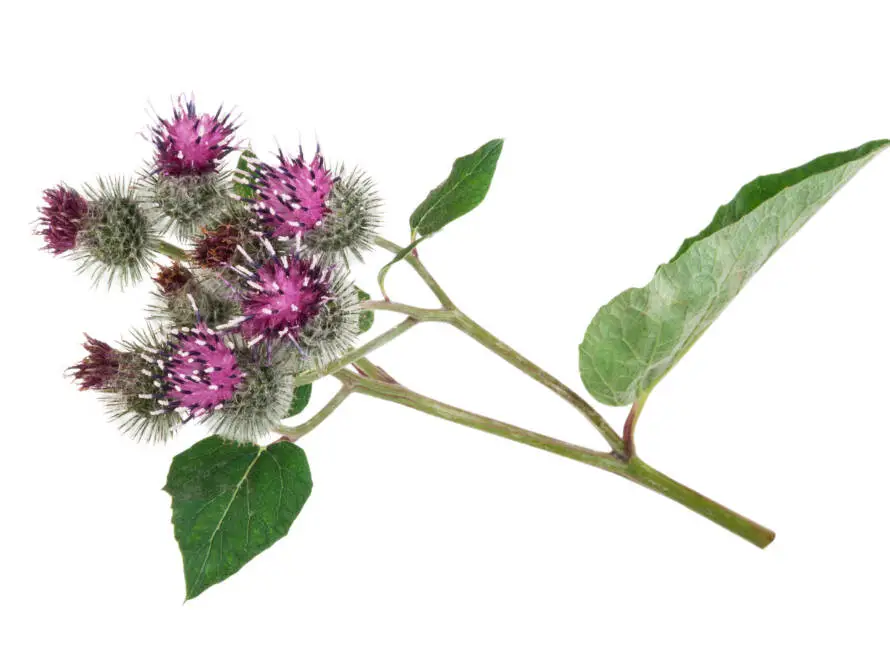Grapefruit Pectin: A Nutritional Powerhouse
Grapefruit pectin, derived from the peels and pulp of grapefruit, is gaining recognition as a valuable source of soluble dietary fiber. This natural compound has been associated with various health benefits, making it a noteworthy addition to health-conscious diets. It’s important to note that diets enriched with the right kinds of fiber can contribute to better health and longer life.
Common Names
- Grapefruit Pectin
Latin Names
- Citrus paradisi
What It Is Used For
Grapefruit pectin serves multiple roles in promoting health. One of its prominent uses is as a natural supplement that helps counterbalance potassium loss, which can be critical for those with certain health conditions.
In addition to this, grapefruit pectin has been shown to have several beneficial effects:
- Cholesterol Reduction: Regular intake of grapefruit pectin can help lower cholesterol levels, which is essential for heart health.
- Atherosclerosis Management: It may also promote the regression of atherosclerosis, a condition where arteries become narrowed and hardened, leading to cardiovascular issues.
- Red Cell Aggregation: The component naringin in grapefruit can induce red cell aggregation, which aids in maintaining healthy blood flow.
- Potential Anti-Cancer Effects: Some studies suggest that grapefruit pectin might have anti-cancer properties, although more research is needed in this area.
How It Is Used
Clinical studies have explored various dosages of grapefruit juice, often administering between 1 and 9 glasses daily. For those using double-strength juice, the recommended intake can be approximately 240 mL twice daily. These amounts have been evaluated for their effectiveness in providing health benefits, particularly related to potassium balance and cholesterol management.
What the Science Says
Grapefruit pectin is generally recognized as safe when consumed as part of a balanced diet. While it offers numerous health benefits, the safety and efficacy of consuming it in amounts greater than those typically found in food remain largely unproven. This is essential, as excessive consumption may lead to unintended consequences.
Research has highlighted the value of grapefruit as a dietary supplement, especially for those experiencing potassium loss—a common issue that can arise from certain medications or health conditions. Studies show that grapefruit pectin can effectively lower cholesterol and help with atherosclerosis regression, boosting its overall appeal as a health supplement.
Side Effects and Cautions
Despite its many benefits, grapefruit juice can interact with a wide range of medications. This interaction can lead to significant adverse effects, making it crucial for anyone on medication to consult with a healthcare provider before incorporating grapefruit pectin or juice into their diet. It’s essential to ensure that any potential interactions are managed effectively.
Conclusion
Grapefruit pectin is a promising natural ingredient that can enhance your health, particularly by helping manage cholesterol levels and supporting cardiovascular health. Incorporating it into your diet could improve well-being, especially for those who need potassium support. However, consultation with a healthcare provider is essential to ensure it’s safe and appropriate for your individual needs.
Resources
- Drugs.com
- Wikipedia.com
This summary highlights the key aspects including its traditional uses, potential benefits, and safety considerations.
Disclaimer
The information I’ve shared about herbs is for educational purposes only and is not meant as medical advice. While many herbs have been traditionally used for their potential health benefits, individual responses may vary, and the effectiveness of herbs can depend on various factors, including personal health conditions and interactions with medications. It is essential to consult with a qualified healthcare professional or a licensed herbalist before using herbs for medicinal purposes or making significant changes to your health regimen. This information should not be considered a substitute for professional medical advice, diagnosis, or treatment.


